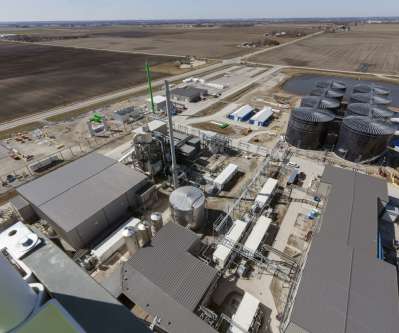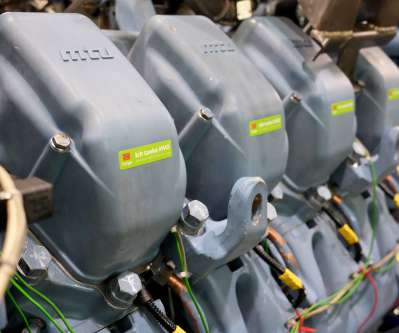VERBIO begins production of biomethane from corn stover in Iowa; first-large scale plant in US
Green Car Congress
DECEMBER 12, 2021
VERBIO has commenced production at its new plant in Nevada, Iowa. The plant will generate biomethane from corn stover (maize straw), and is the first large-scale commercial plant in the US to use the technology developed by VERBIO. This turns driving vehicles into a form of climate protection.

















Let's personalize your content